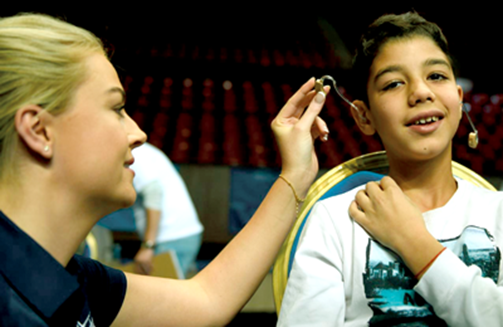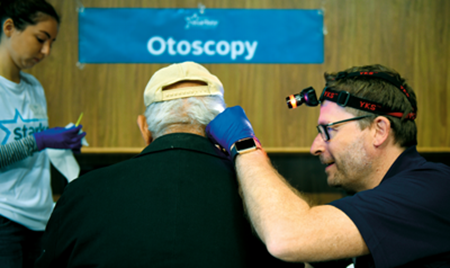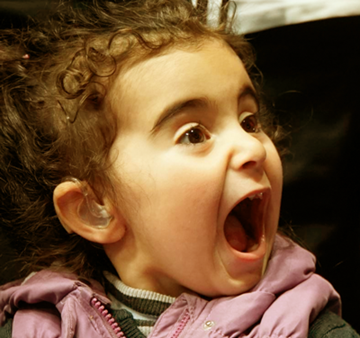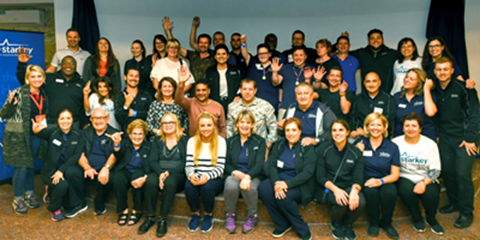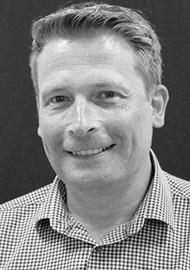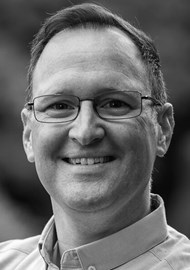Paul Lamb recently joined a team undertaking a hearing care mission to Armenia with the Starkey Hearing Foundation. Paul took time to discuss the aims and achievements of these missions through his personal experiences with the foundation.
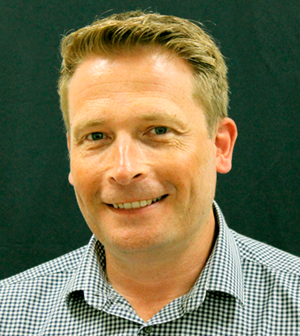
Paul Lamb.
The Starkey Hearing Foundation has been carrying out humanitarian hearing missions since 1984, and made a commitment in 2010 to provide one million hearing aids this decade. How much progress has been made towards this commitment?
The efforts of the Starkey Hearing Foundation have intensified since the goal was set. Regarding the ‘Race to a Million’ commitment, we achieved the one millionth mark as promised in February 2017, three years earlier than planned. We provided about 110,723 hearing aids last year and we are on track to do a similar number this year.
Which countries has the Starkey Hearing Foundation supported in the last 30-40 years?
The foundation has been working in six regions of the world – Africa, Middle East, South Asia, Asia Pacific, Latin America and the Caribbean – and visited over 100 countries. Furthermore, 53 countries have been served but also, importantly, have been set up with community based hearing care programmes. On top of this effort since 2014, 47 countries have been set up with global academic partnerships to increase penetration of audiology services and aftercare. Over 1000 individuals trained to a level to provide and also teach audiology in underprivileged regions. As an example, in Zambia, the number of people with hearing impairment is approximately 750,000 and in Sub-Saharan Africa, the number is as high as 36 million people. With such a large number of people with hearing loss, an urgent need exists to increase the number of individuals who can provide quality hearing healthcare to help this population.
Ailbhe Lennon, from Advance Hearing Blackrock in Dublin, helps a young Armenian boy to hear.
The Starkey Foundation has a three-prong approach to providing support in countries – how does this work?
The key to any mission being successful is to achieve three aims: to make it simple, sustainable and scalable. We must think globally but also act locally. No mission will leave a country after fitting without ensuring support or aftercare is available. When each country mission is planned, it is important to identify people from local volunteers or charity groups to continue on once it has been completed. Over 94% of coordinators on SHF missions actually live where they work. A SHF mission will be organised in three phases:
Phase one – Patient identification where suitability for hearing aids is identified and impressions are taken for earmoulds.
Phase two – Hearing mission. This is, of course, the most satisfying experience of fitting hearing aids to each individual.
Phase three – Aftercare mission. The local coordinators will take responsibility of the aftercare to the local community and offer ongoing support and guidance for successful hearing aid use and repair maintenance facilities.
Paul Lamb performing wax removal.
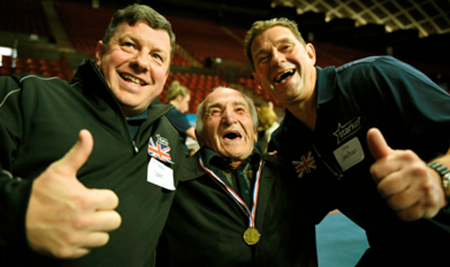
Jonathan LeBrun, Starkey Hearing Technologies, and Ian Croston, NuEar Hearing,
are all smiles after helping a gentleman to hear.
Why was Armenia chosen to receive support from the foundation?
Armenia, like many countries has very poor audiological provision. The few audiologists in the country were trained in Germany and, as with many young Armenians, when they finish training they see better opportunities for themselves outside of their home country.
The population of Armenia is three million; there are 11 million Armenians living elsewhere in the world.
“The key to any mission being successful is to achieve three aims: to make it simple, sustainable and scalable.”
Heidi and Armen Kavoukjian are now hearing aid dispensers residing in Los Angeles but are native Armenians, who have been good supporters of the Starkey Hearing Foundation and have spent the last 10 years lobbying to bring a mission into Armenia. Last year, their dream became a reality.
In Armenia, there is no service from the government for hearing care and only three private dispensers for the whole country. The average working salary is $3000 dollars a year so purchasing a hearing aid is out of reach for the majority of the population.
The team at Starkey UK has so far been involved in phase one and two of the projects in Armenia. Can you give us the metrics on each of those trips?
Of course. These statistics are mind-blowing and, through determination, blisters from syringing 100 ears each a day, warm temperatures and hard work, are impressive!
Phase one – July 2017
- 1683 people served
- 3242 impressions taken
- Five clinical days
Phase two – October 2017
- 1778 people served
- 1745 people fitted with hearing aids
- 3314 hearing aids fitted
- 59,592 batteries given out
- Three clinical days
How about individuals that came to the project – does anyone really stand out as an example of what the foundation represents?
This is an easy one to answer: everybody. Bill and Tani Austin have a real team ethic, they make everyone feel part of everything they do and believe in to make the mission a success. Everybody contributed their efforts during every waking hour. It was a really nice feeling to see countless volunteers from the local community helping out – every one of them wanted to learn and become part of the whole team to help as much as possible. Volunteers were expected to help with translation but went beyond that and helped with any task that was required to get each individual served with the best care possible.
“Volunteers were expected to help with translation but went beyond that and helped with any task that was required to get each individual served with the best care possible.”
How did you bring the team together for this project?
Bringing a team together for us at Starkey UK was a dream. The number of people who offer their time to gain the valuable experience of participating in a mission is vast, and choosing people to fill the limited places was difficult. Although audiological knowledge is good, it is not essential, as the philosophy of the process means anyone can be trained to make a difference on the mission. We had an accountant and a hearing centre receptionist included in the fitting process each day in Armenia.
A young girl smiles after being fitted by the Starkey Hearing Foundation.
Do you think this project has changed your view of audiology? What do you think we can learn as a global community?
I think looking back on the whole experience, we would all agree that the end goal from any audiologist is to correct hearing to improve the quality of life; we live in a world of diagnostic computer-driven technology to achieve this. I cannot say the more simplistic approach on a mission is a replacement for this. However, if you have a well-controlled, simple fitting approach with careful, subjective outcome measures, this can be an effective way to deal with the demands of large scale missions like this.
The mission definitely changes lives. One benefit that is very clear – and our data capture will also keep track of this - is education. There were many patients in their early 20-30s with severe hearing loss who had not received an education due to their condition and had no support networks to provide this, so this was one small way hearing aids could instantly make the difference.
“The philosophy of the process means anyone can be trained to make a difference on the mission.”
The Starkey Hearing Foundation Armenia team.
What did you miss whilst you were away?
Although a mission is hard work, the local community actually made it difficult to miss any home comforts! Our hotel was provided free of charge by the Marriott group and many patients brought us apricots and chocolates to keep us going. I would say a mission brings home to you how lucky you are to have what you have (which is often taken for granted) so it makes you think about your loved ones at home more than most.
How can readers get involved in future foundation projects?
Please contact myself – paul_lamb@starkey.co.uk – and, of course, we accept unwanted hearing aids for use on future hearing missions.
Declaration of competing interests: Paul is employed by Starkey Hearing Technologies.

